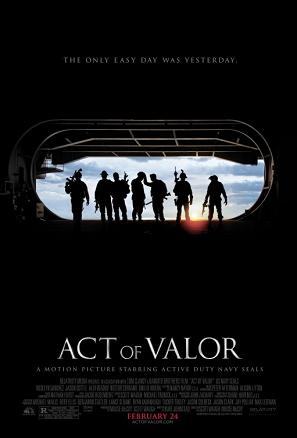
I will never be one to belittle the work of the U.S. Military. I have, however, been known to question the motives behind certain actions taken by our armed forces.
My latest related qualm revolves around the manner in which the Military markets itself. Last week, I was sitting with a friend of mine, thoroughly engrossed in whatever was happening on my computer screen, when he tapped on my shoulder to show me what can only be described as a less-than-politically-correct advertisement for the United States Marines.
The sign read: “It’s God’s job to pass judgment on the terrorists. It’s our job to arrange the meeting.”
At first, I was certain it was a joke. I thought at that given the entire hullabaloo over making sure not to offend non-religious citizens with references to a God, such an advertisement would not have been cleared by the military’s public relations mechanism. But I was wrong.
I’ve noticed a distinct change in the way the military markets itself, possibly as a result of adverse reactions to the war on terror. Ads for the Military have not been solely featured on billboards as of late, though. Strength for the future of the U.S. Military depends on the attitudes of the younger populace. This sentiment might explain why videos like the one for Katy Perry’s single “Part Of Me,” which glorifies joining the Marines as a proactive and empowering way to get over a cheating ex, are such tactful and effective propaganda techniques.
One could argue that popular music has used military imagery in videos before; take Rihanna’s video for “Hard” and Nicki Minaj’s “Massive Attack,” for example. Yet Katy’s new video is different. It doesn’t glorify the military for the technological might and the hegemonic power it symbolizes. It’s a personal happy ending kind of story, one that features less gyrating atop a tank and more spinning beneath a giant American flag.
The music industry is certainly not the only avenue of advertisement for such branding strategies these days. The producers of the new movie Act of Valor teamed up with the makers of the video game Battlefield 3 to advertise the film. In exchange for watching a four minute trailer for the movie, which is based on real missions of the Navy Seals, the viewer can receive free dog tags.
Free stuff, pop music and turning camo into high fashion are smart tactics to change how American youth look at enlistment and expunge any harsh feelings towards military involvement. Will it work? I don’t know. But it is important to remember the ways in which media and culture can influence how we perceive the role and function of the American military establishment.

